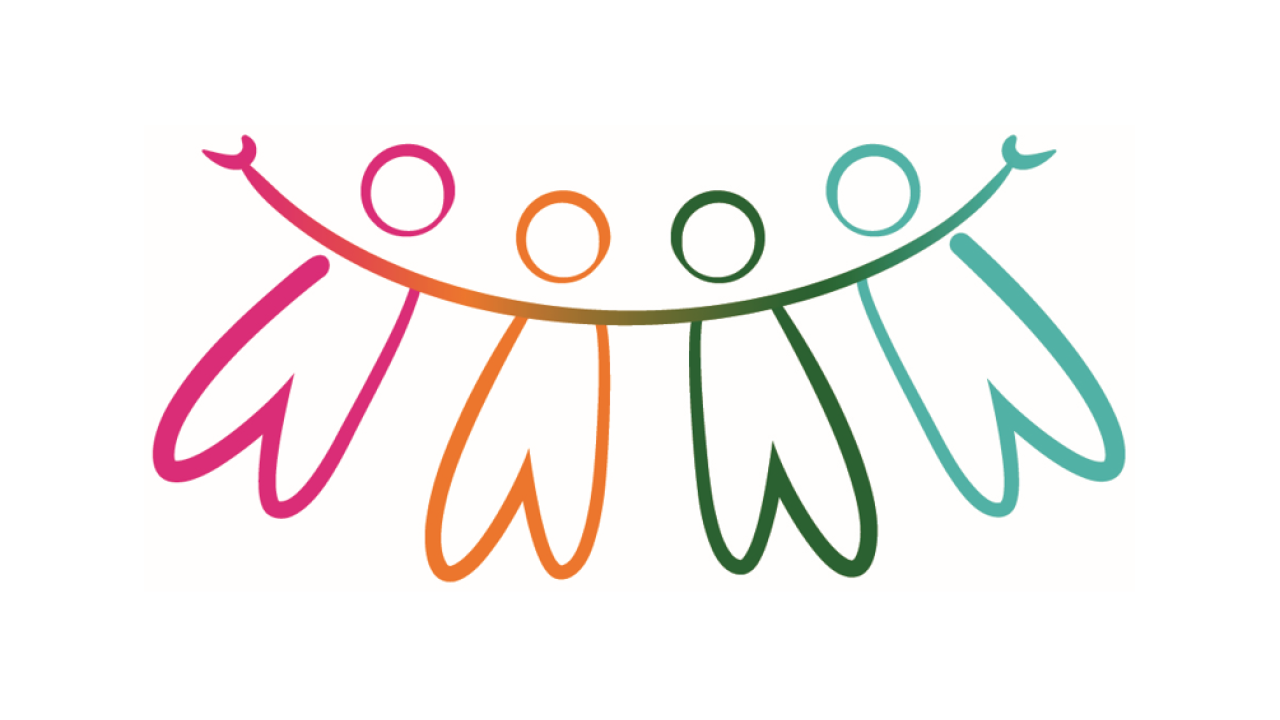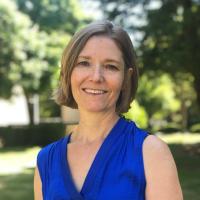
From the Director
Walking Through Uncertainty: The Wraparound Way

Collectively, our nation is in a period of profound change. The word “uncertainty” is everywhere—used by scholars, media personalities, politicians, colleagues and friends alike. It has become shorthand for something deeper: a widespread sense of disorientation, transition and not quite knowing what comes next.
Recently, I came across a term that gave shape to this feeling: liminal uncertainty. From the Latin limen, meaning threshold, liminal refers to the in-between space—no longer where we were, not yet where we’re going. It’s a concept used in psychology and systems theory to describe the discomfort, vulnerability, and possibility that exist when old frameworks dissolve and new ones have yet to form.
As I reflect on this cultural moment, I’m reminded that the families we serve know this space all too well. Families engaged in the child welfare system live daily in the space between disruption and stability, between fear and hope, between not knowing if reunification will happen—or when—and preparing to welcome their children home.
Neuroscience tells us that chronic uncertainty activates the brain’s cortisol-driven stress response, making it harder to reason, reflect or regulate emotion. While we can regulate on our own, a little help from someone who is regulated is often just what we need. In this experience, co-regulation can happen—the calm and grounded can help the dysregulated regulate, actually shifting our nervous system.
The power of human connection is staggering. Researcher Emmy Werner, in her decades-long Kauai Longitudinal Study (1993), found “The single most common factor for children who develop resilience is at least one stable and committed relationship with a supportive adult.”
And, wow, Wraparound practice shines in that respect, doesn’t it? Wraparound doesn’t just assign a staff person to provide help—it is built with co-regulation and connection in mind. It creates space for families to reconnect with their natural supports—friends, kin, mentors, and cultural leaders who may have been nearby but not yet fully engaged. These individuals become part of the healing journey. The power of this work lies not only in coordinating services but in helping families rediscover what has always been within and around them.
In this issue of Wraparound Connections, Maria Casas shares her own story of navigating a fragmented mental health system as a parent. But with support, she moved from being overlooked to becoming a vital support for others. As a parent partner, Maria is now the person she once needed—walking alongside families, helping them find their voice, their strength and their community. Her transformation is not only personal—it’s a blueprint for systemic change. The families we serve are not broken. Our job is not to fix them. It is to walk with them, create space for their voices, and see them through that liminal space.
It’s in the walking-with, the holding-space, and the nurturing of what already exists that meaningful change happens—for families, and for us.
We hope you enjoy this Spring 2025 Issue of Wraparound Connections!

Nancy Hafer, M.S., Director, Resource Center for Family-Focused Practice
References
Werner, E. E. (1993). Development and Psychopathology
